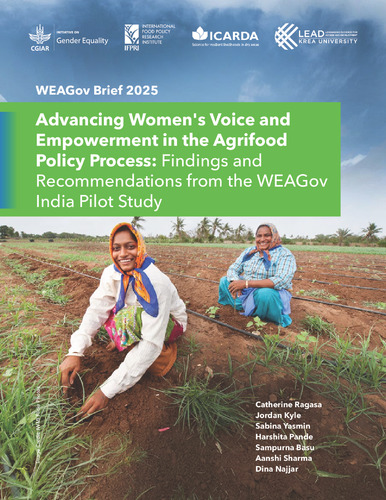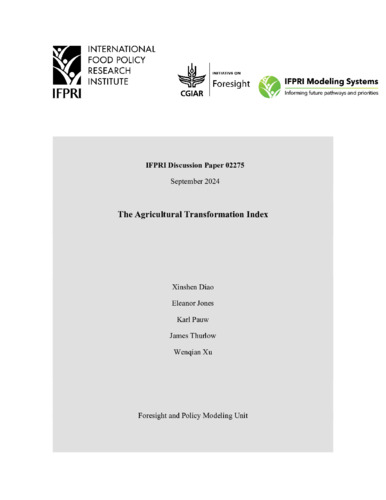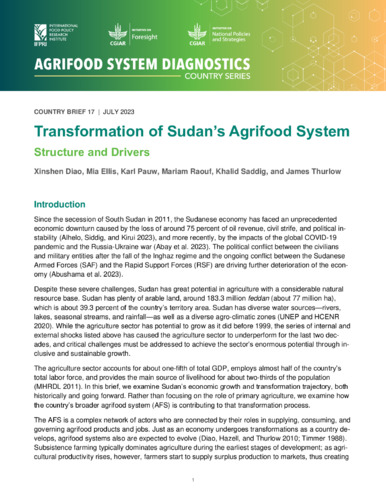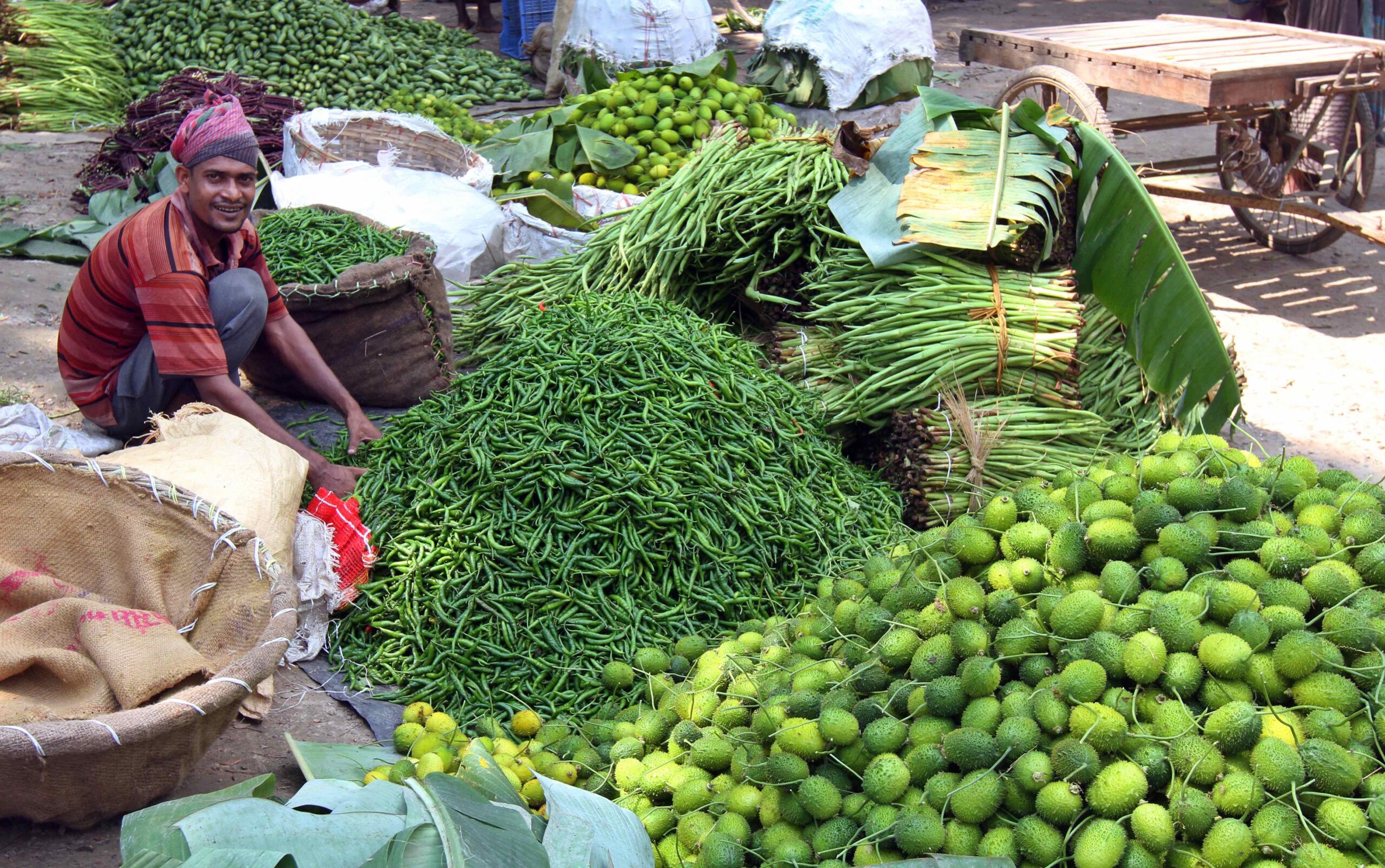Agrifood systems (AFS) play a potentially central role in driving economic growth and transformation in low- and middle-income countries. From a national accounting perspective, an agrifood system can be defined as the sum of value added in primary agriculture and all agrifood-related processing, trade, and transport sectors.
To better understand their transformative role, IFPRI researchers have collected and analyzed relevant economic statistics from a range of African and Asian countries. The descriptive analysis is complemented by economywide modeling analysis using IFPRI’s RIAPA model to evaluate the potential contribution of productivity growth in agricultural value chains to critical development outcomes, including poverty and hunger reduction, economic growth, job creation, and improvements in household diet quality.
This comprehensive AFS diagnostic exercise reveals how the unique structural features of countries and their various value chains will likely determine the effectiveness of value chain development in transforming economies. In most cases, no single value chain is the most effective at improving all development outcomes; therefore, policymakers should consider prioritizing investments in several value chains simultaneously to foster broad-based development.
In addition to these diagnostic exercises, the team has produced three factsheets providing a brief description of the economic structure and the size of the agrifood system of three Indian states.
They can be found here:












